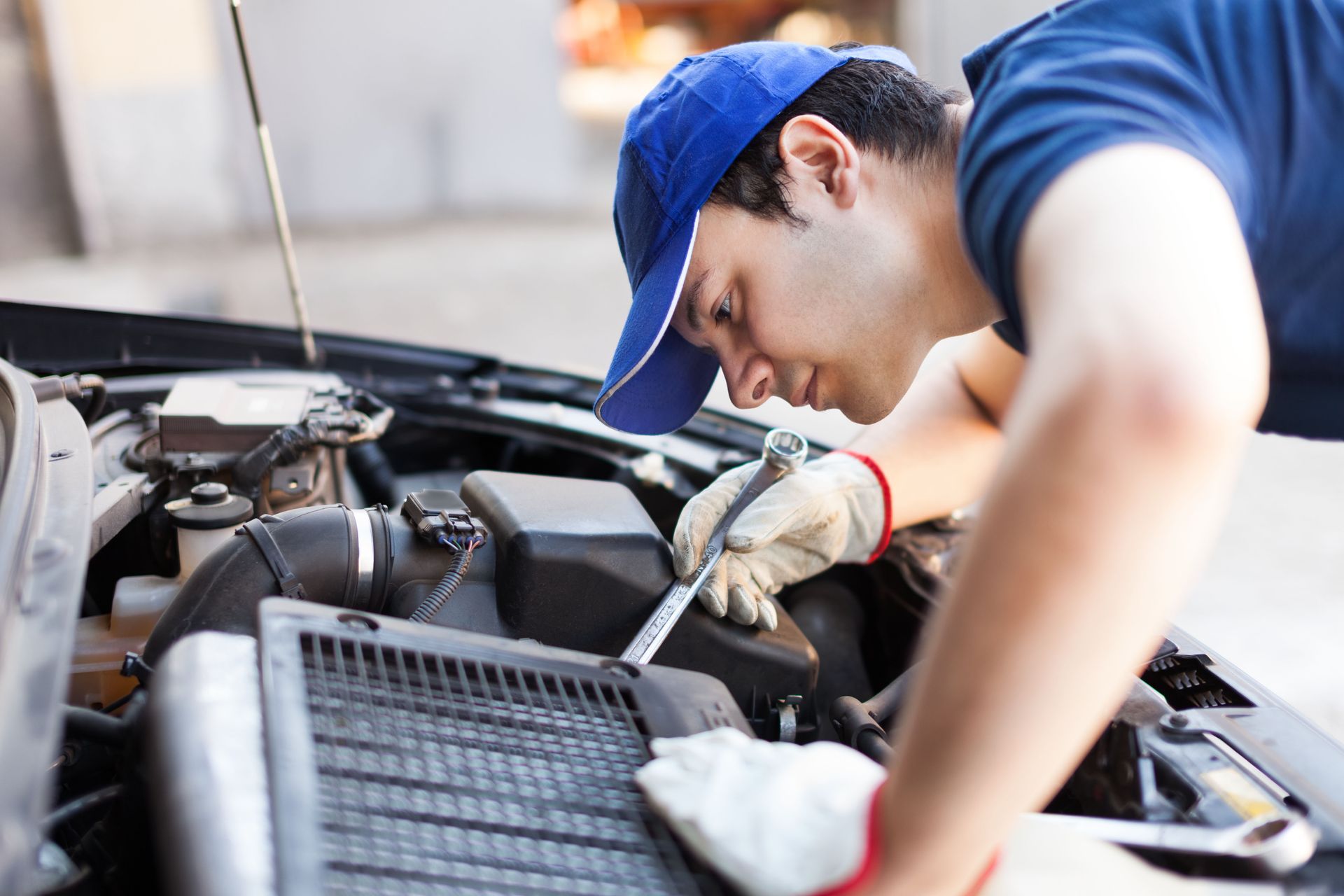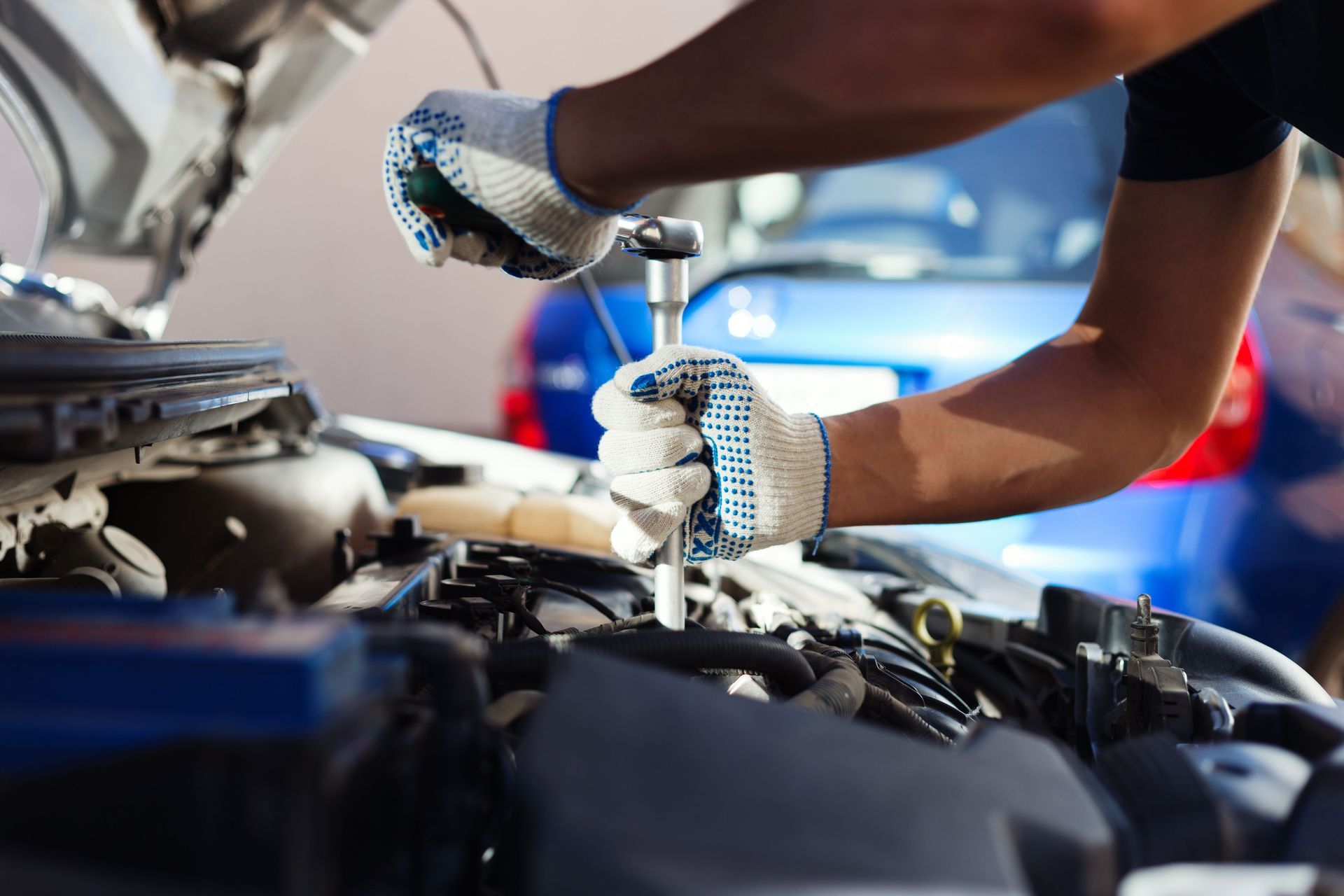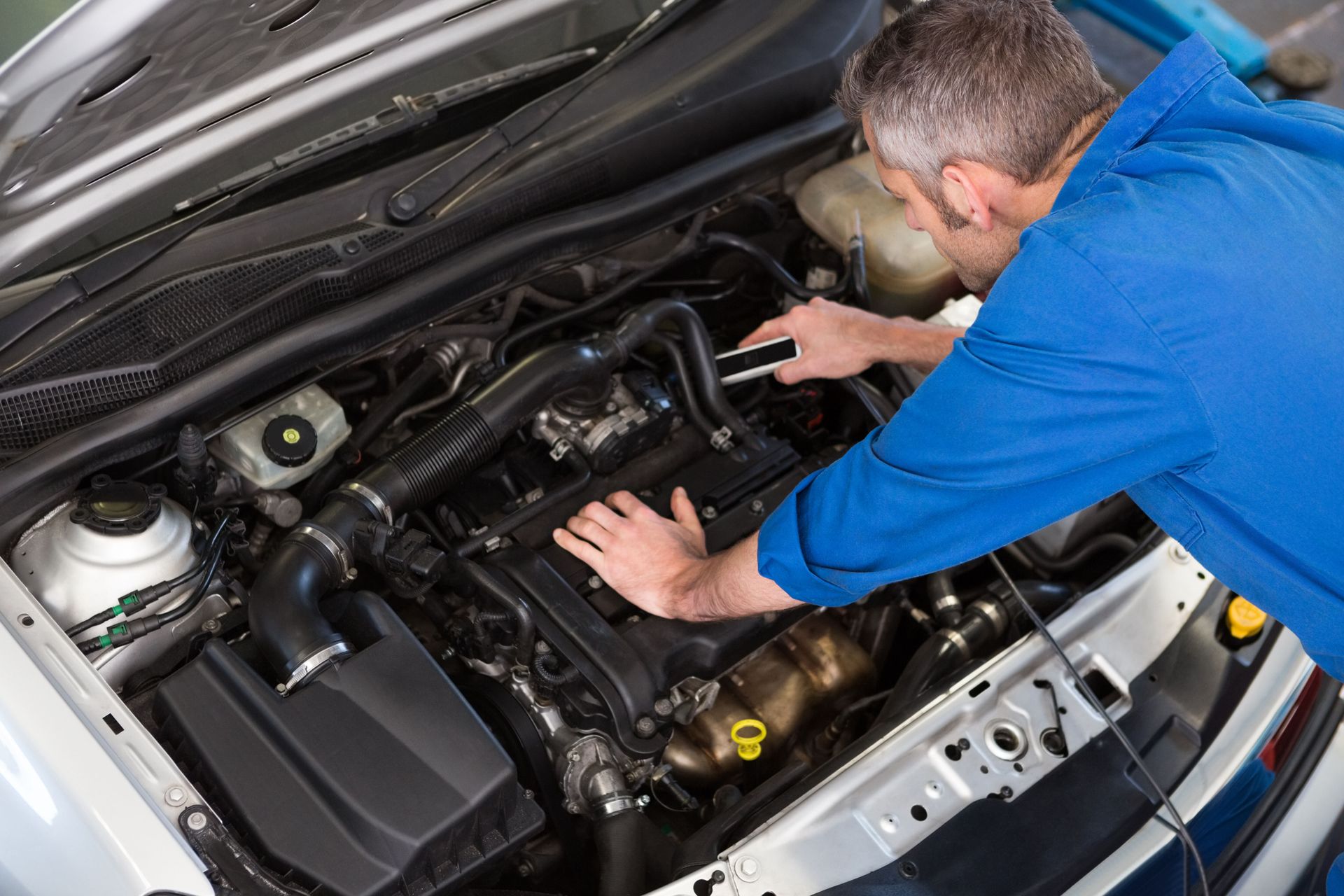4 Signs You Need an Engine Replacement
Once a lot of miles rack up on a vehicle, many people sell their old vehicle and opt to replace it with a new car or truck. However, you could also go for engine replacement. According to reports from the U.S. Department of Transportation, engine and coolant issues are the most common car issues, with 118,163 drivers reporting these problems. Let's look at some of the most common signs you would benefit from getting an engine replacement.
1. Constant Overheating
If your engine is constantly overheating, you need to take it to a mechanic. Depending on the nature of the problem, the fix might be pretty straightforward, such as getting a new radiator. It could also be because the engine block is cracked. If that’s the case, you may need an engine replacement to fix the issue.
2. Constant, Loud Knocking Noises
When an engine is breaking down past the point of reasonable repair, it’ll often start quite literally “knocking” on death’s door. This knocking is often due to pistons colliding with the cylinder block. Sometimes a knocking engine can be fixed, but other times, it’s beyond the point of repair.
3. Excessive Fumes in the Exhaust
As you know, exhaust output itself is a fume, so fumes in general aren't an issue. However, coolant, oil, and other substances shouldn’t be present in the exhaust on a constant or excessive basis. Coolant and oil systems are closed systems with minimal oil or coolant leaks. If a lot of material is leaking, it could be because your engine has serious issues that need fixing.
4. Your Fuel Economy Is Terrible
Newer engines are often more fuel efficient than older engines. Further, as you might imagine, an engine fresh out of the factory is typically more fuel efficient than the same engine that’s 10 years old. If you can greatly increase fuel efficiency by upgrading to a new engine, it makes the decision considerably easier to make.
If you have further questions about
engine replacement, get in touch with our team at D & S Engine Specialists. We're here to help with all your engine repair, rebuilding, and performance service needs. Visit or call us today for a free estimate on any of the services we offer.




Share On: